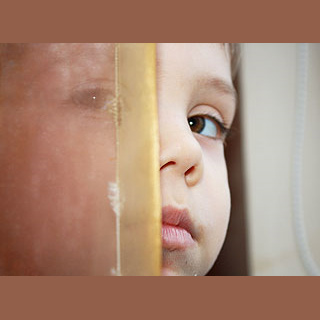
7000 mothers and their children born at Brisbane’s Mater Hospital from 1981-83 were encompassed in the study. Investigators found that child abuse and neglect were independently linked with impaired cognition and academic functioning in teenagers. It was concluded that both abuse and neglect may have independent as well as important adverse effects on a child’s cognitive development. While analyzing the MUSP database, scientists laid hands on numeracy, literacy and abstract reasoning tests completed by 3796 adolescents aged 14 years.
Lane Strathearn, a UQ medical and PhD graduate now based at the Baylor College of Medicine and Texas Children’s Hospital, said, “Studies have repeatedly demonstrated that at least half of maltreated children experience more than one type of abuse or neglect. Our sample was no different; 74 percent of the children reported to the state as suspected cases of neglect also had been reported as suspected victims of abuse. Our method involved grouping the physical, emotional and sexual abuse cases together and assessing both abuse and neglect – reported or substantiated – as independent nonexclusive predictor variables.”
A total of 298 adolescents presenting 7.9 percent with a history of maltreatment scored the equivalent of approximately three IQ points lower than those who had not been maltreated. The results were ascertained after taking socioeconomic and other factors into consideration. It was mentioned that the impact of abuse and neglect were independent and quantitatively similar. Kids who experienced both abuse and neglect were probably affected twice than those who faced any one.
The study was published online in medical journal Pediatrics.
